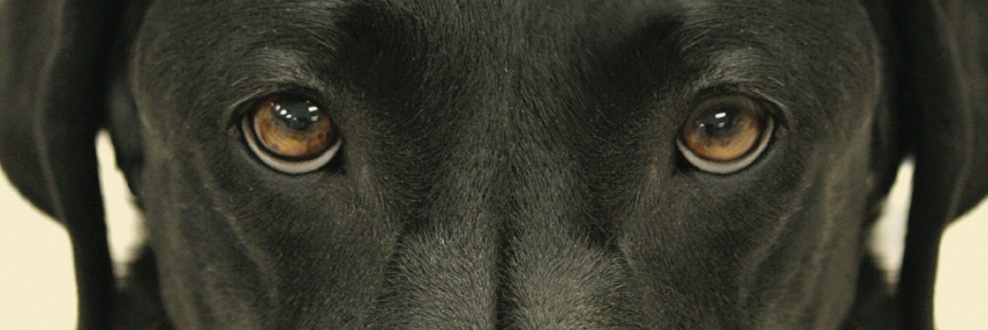
Hello fellow reflexology lovers! Have you ever thought about sharing the benefits of reflexology with your pets? Our loving animals deserve great health, just like their owners. Interestingly enough – the theory behind this article links your pets health to your very own. We would love to hear your thoughts on this in the comments section. Another good read on this is a book called “Your Dog is Your Mirror”.

Your cat has cancer because you have contained anger, says Reflexologist Kiannaa Leighland, who claims that pet health problems have nothing to do with the animals, but are actually a result of pent-up emotional problems of the owners.
She says animals strive to relieve human stress, and they internalize human issues, which manifest in pet health ailments. “They aren’t the animals’ issues,” she said. “They get it from us.”
She believes that through her animal version of reflexology, the human exercise of applying pressure to certain areas on the feet and hands to supposedly repair other parts of the body, she can discover not only what is wrong with the animal, but also exactly what is wrong with the human.
For example, if the animal is having lung problems, she says the owner is having self esteem issues. If the animal is suffering from gallbladder problems, the owner is suffering from bitterness. And if the animal has cancer, the owner is holding onto anger. “You absolutely must heal the human if you want the animal to have a nice life,” she said.
A Washington state native, Leighland began practicing human reflexology in 1969 and traveled around the world, attending and teaching at conferences on the practice. Then at home in 1991, she purchased a very ill dog that doctors said they could not help. So she tested her techniques on the dog and claims the dog began getting healthier.
With experimentation, she said she discovered where each pressure area was on the dog’s leg and also on its spine and logged it onto a chart. Then in 2000, she mass produced her chart and has been selling it worldwide. She says her form of therapy works not just on dogs, but on any animal with a similar leg structure, including cats, rabbits and horses. She believes she is the first person to come up with these ideas on pet reflexology.
She now operates her own pet reflexology clinic, sells books and DVDs and travels around the country, teaching seminars.
Seven women attended, sitting on couches around Azzarella’s living room and taking notes. After the teaching session where the women practiced on stuffed animals, a real dog was brought in.
Barefoot and kneeling, Leighland petted the dog to calm it, then ran her hand slowly down its spine until she got to a spot where the dog started fidgeting and licking. At this spot, the dog supposedly feels irritated because it corresponds to the organ it has having problems with.
“Kidneys,” she said, nodding. The wide-eyed women in the room got to their knees on the carpet to get a closer look.
Leighland then lightly rubbed down the dog’s back leg until she found what she said felt like “grit.” The dog fidgeted.
“Definitely kidneys.”
When conducting an individual session, Leighland says she touches the animal, finds the problem, and then immediately asks the owner what is wrong in his or her own life. She says the owner usually gets very angry because they do not want to admit to having issues. Her typical customers are women who supposedly care more about their pets than themselves.
“It’s harder for us to look at what’s going on in our own lives than just accepting what’s physically wrong with our animal,” she said. However, she says by the end of the session, owners thank her.
Critics of pet reflexology say humans cannot transfer their emotions to animals, and animals can become healthier through regular massage, reflexology or not.
Leighland says reflexology improves lymph and blood circulation, disperses pain in tensed muscles, reduces stress and tension, restores proper mobility and flexibility, aids behavioral problems, builds trust and bonding and restores homeostasis.
“Just by touching an animal, you’re helping them,” she said. “You’re pushing energy into their problem areas.”
Massaging their problem areas for a few minutes a day will make the ailment go away in only a few weeks, she says, but the ailment will return if the human does not heal him or herself.
“Working on a single organ doesn’t fix the problem. People must fix their emotions,” she said. “If you stay healthy, your pet will stay healthy.”
Leighland is ending her countrywide tour and returning home to work on her PhD in Metaphysics before traveling to Scotland in November.
Let that anger go. Your veterinarian will thank you.
